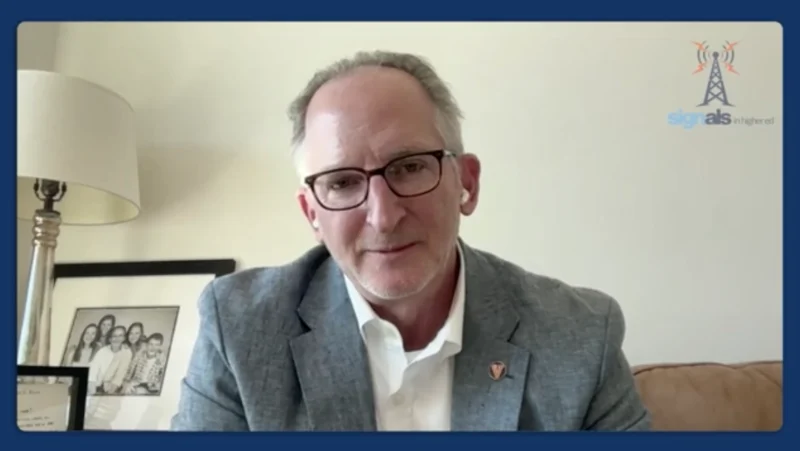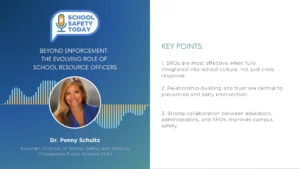What’s Next for Higher Education
While Michael Horn know a lot about disruption in education, pandemics weren’t on the list. On this episode of EdTech Today, Michael talks about the effects COVID-19 has had on higher education and hopefully the silver linings that can come out of it.
Michael Horn speaks and writes about the future of education and works with a portfolio of education organizations to create a world in which all individuals can build their passions and fulfill their potential. He is the author of many books, including Choosing College, and Goodnight Box, a children’s story.
Michael is a senior strategist at Guild Education, which partners with leading employers and organizations to help offer education and upskilling opportunities to America’s workforce. He is also the co-founder of and a distinguished fellow at the Clayton Christensen Institute for Disruptive Innovation, a non-profit think tank.
Michael is the author and coauthor of multiple books, white papers, and articles on education, including the award-winning book Disrupting Class: How Disruptive Innovation Will Change the Way the World Learns and the Amazon-bestseller Blended: Using Disruptive Innovation to Improve Schools. He serves on the board and advisory boards of a range of education organizations, including the Clayton Christensen Institute, the Robin Hood Learning+Tech Fund, and the LearnLaunch Institute. He also serves as an executive editor at Education Next and is a venture partner at NextGen Venture Partners.
Michael was selected as a 2014 Eisenhower Fellow to study innovation in education in Vietnam and Korea, and Tech&Learning magazine named him to its list of the 100 most important people in the creation and advancement of the use of technology in education. Michael holds a BA in history from Yale University and an MBA from the Harvard Business School.
Listen to Previous Episodes of EdTech Today Right Here!









